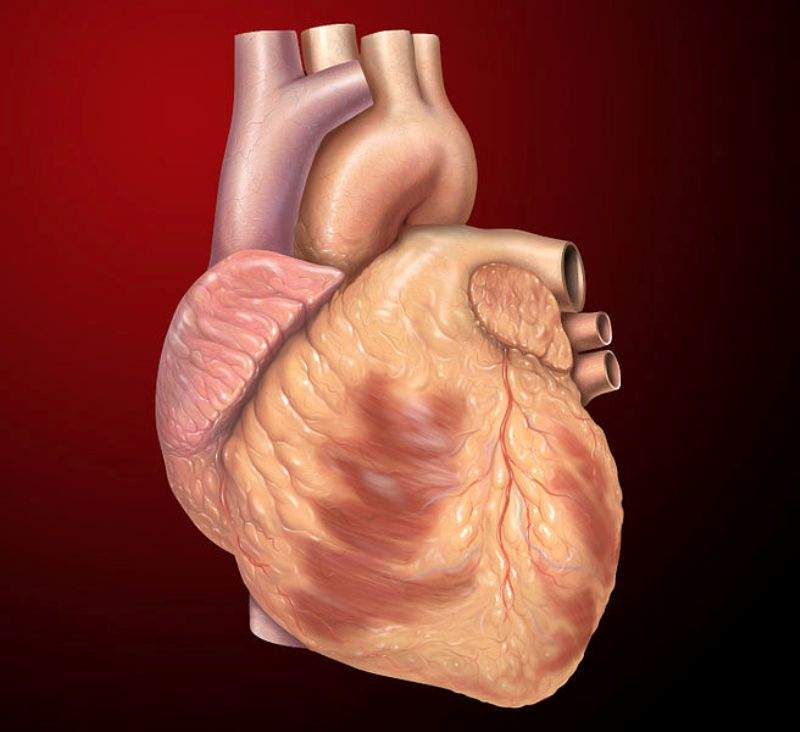
Australia-based biotherapeutics company CSL is set to begin a Phase lll trial of CSL112 to help reduce early recurrent cardiovascular events in heart attack survivors.
The trial will be known as ApoA-I Event reducinG in Ischemic Syndromes II (AEGIS-II) and is subject to final agreement with the US Food and Drug Administration (FDA).

Discover B2B Marketing That Performs
Combine business intelligence and editorial excellence to reach engaged professionals across 36 leading media platforms.
More than 17,000 patients from around 1,000 sites across the world will be involved in the multicentre, double-blind, randomised, placebo-controlled, parallel-group study.
AEGIS-II will assess the efficacy and safety of CSL112 to reduce the risk of cardiovascular death, myocardial infarction, and stroke in acute coronary syndrome (ACS) in patients receiving evidence-based medical therapy, diagnosed with either ST-elevation myocardial infarction (STEMI) or non-ST-elevation myocardial infarction (NSTEMI).
Harvard Medical School Medicine professor Michael Gibson will serve as the co-lead investigator of AEGIS-II, which is anticipated to take four years to complete.
Patient enrolment for the trial is expected to begin by early next year.

US Tariffs are shifting - will you react or anticipate?
Don’t let policy changes catch you off guard. Stay proactive with real-time data and expert analysis.
By GlobalDataGibson said: “Despite recent advances in cardiovascular care, we still have an unacceptable rate of early recurrent cardiovascular events occurring in high-risk patients following an acute MI.
“We are optimistic that CSL112 will offer a novel, rapid approach to reduce these events during the 90-day period when heart attack survivors are most vulnerable.”
According to the World Health Organisation’s Cardiovascular diseases (CVDs) – Fact Sheet 2017, CVD is the main cause of death across the world.
Around 54,000 people are also estimated to be hospitalised as a result of a heart attack in Australia every year.



